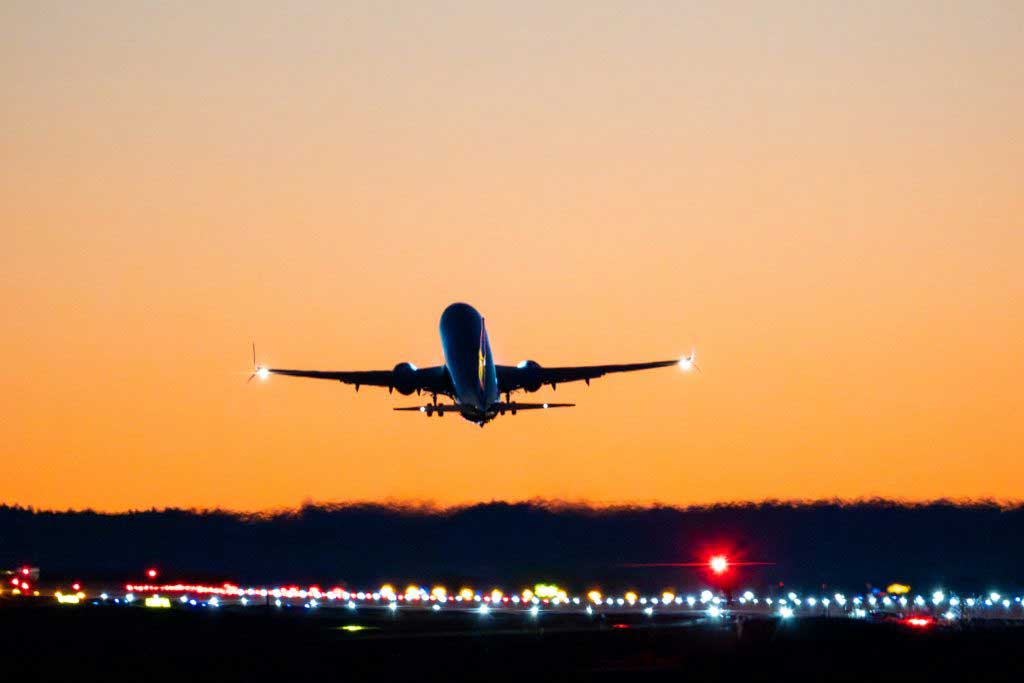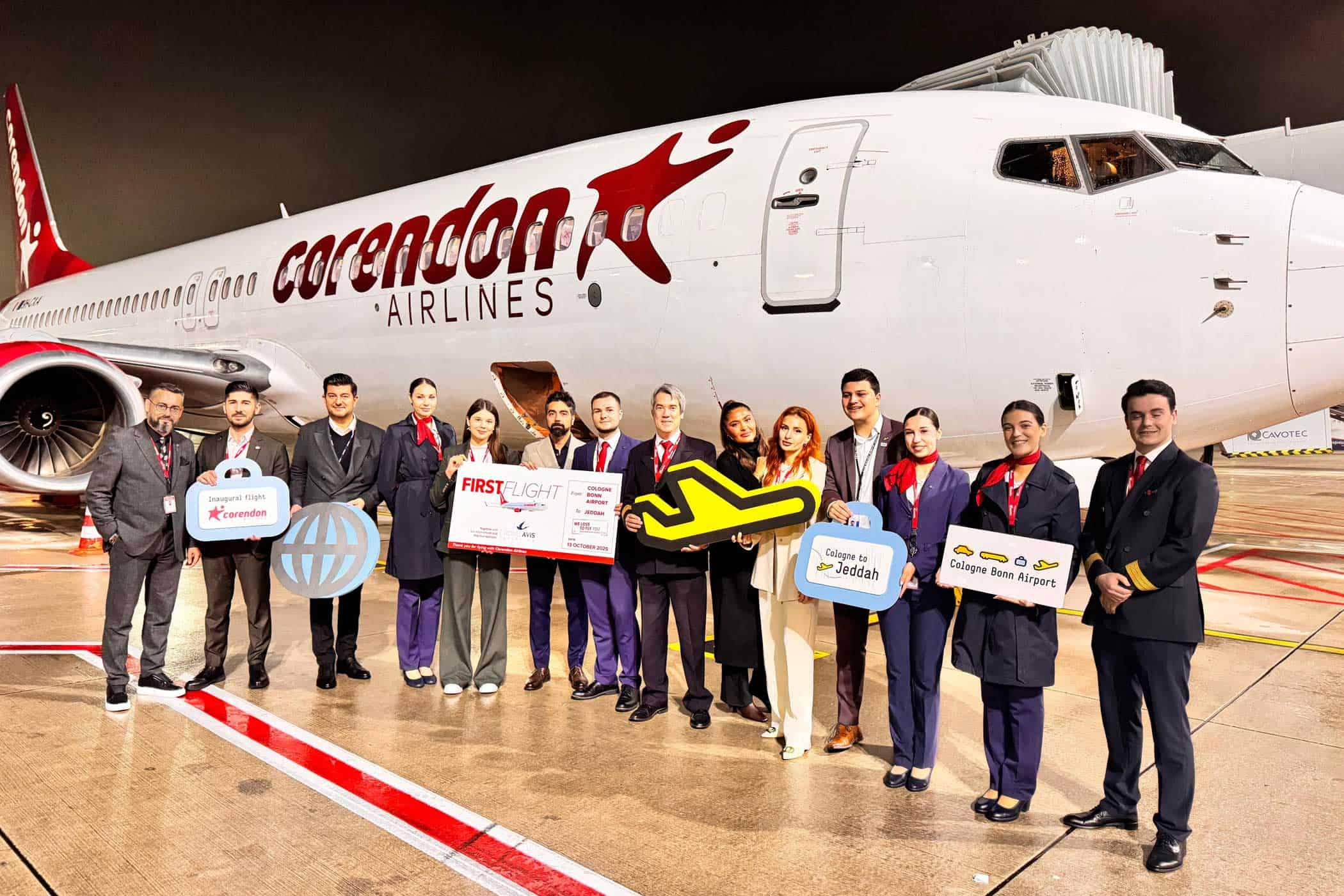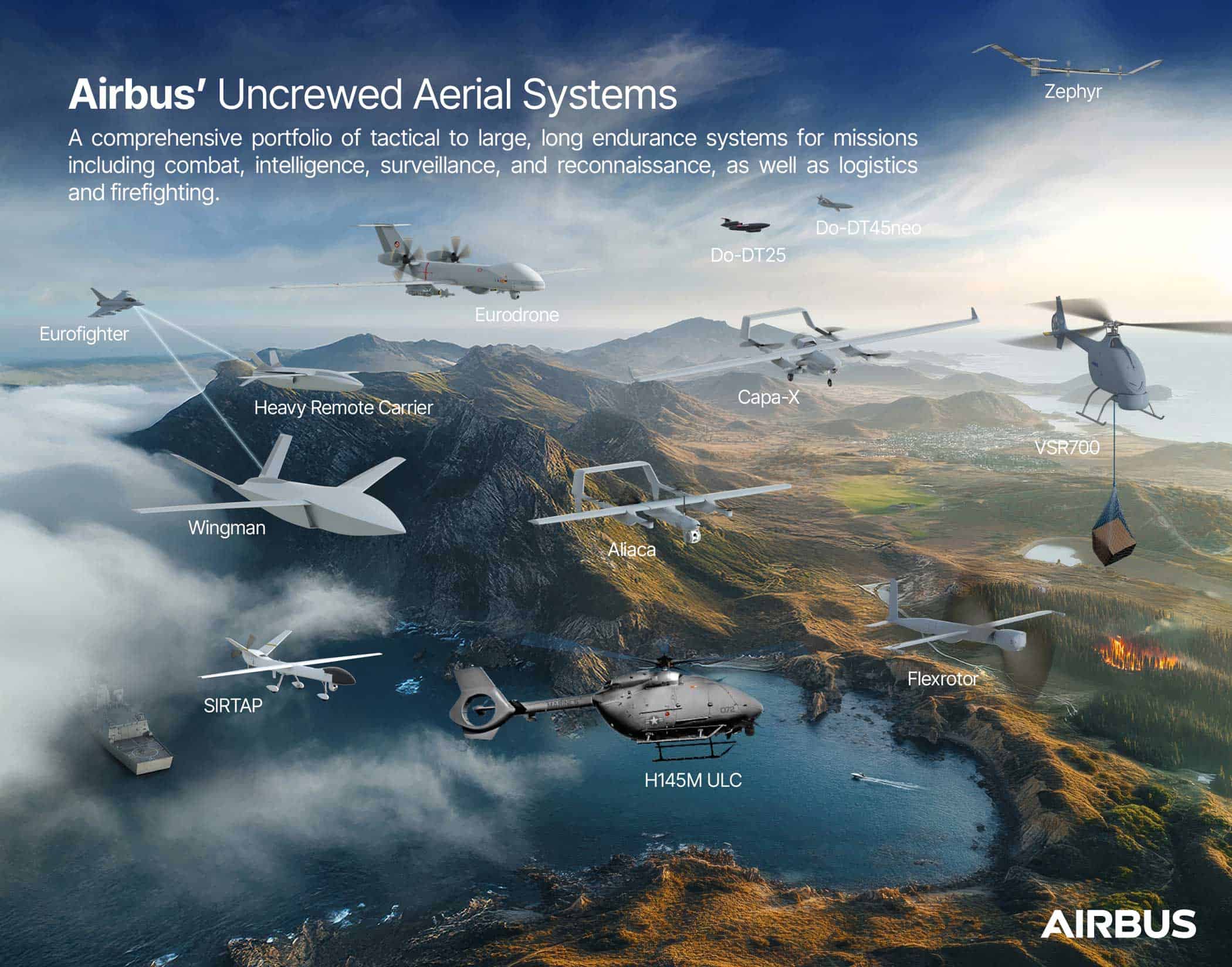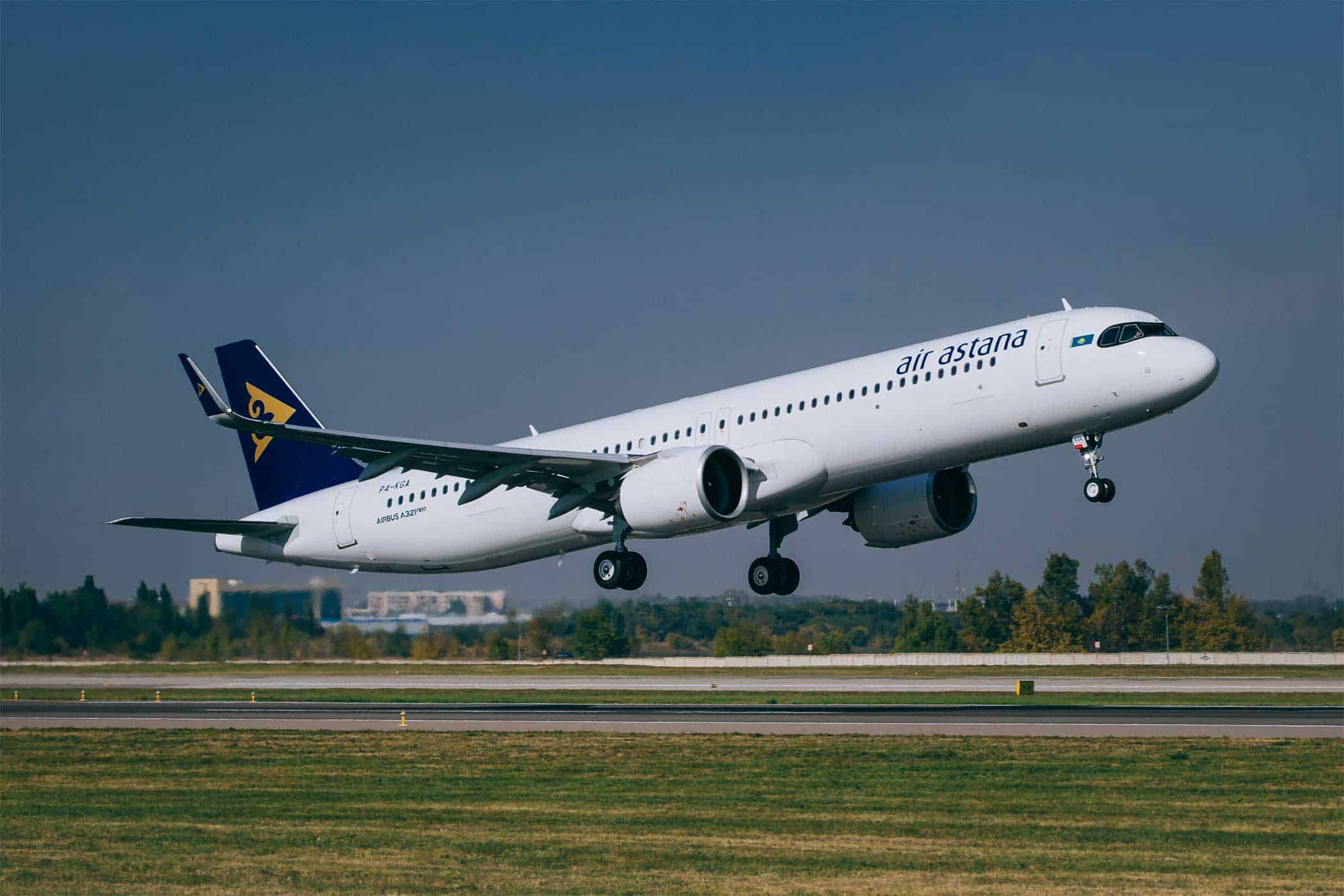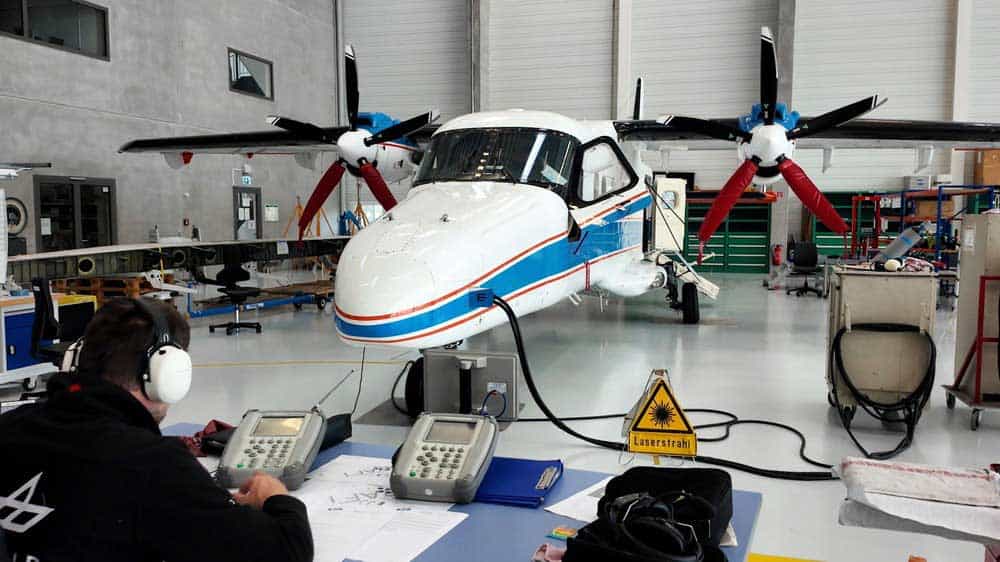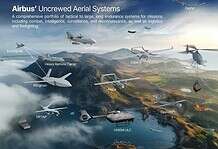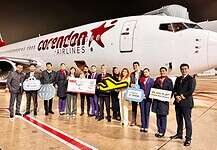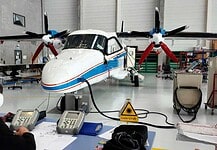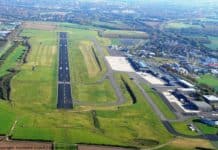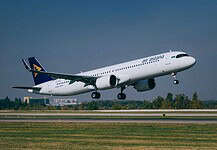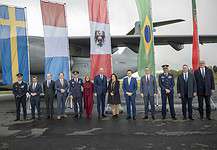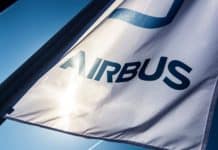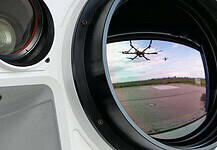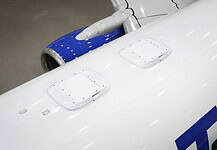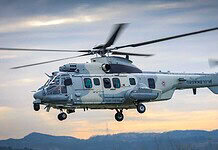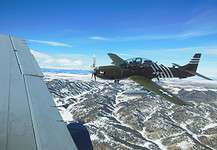This site is also available on:
Deutsch
Collaboration between Munich AirportAcademy and the Business School of the University of Colorado Denver (CU Denver)
The Munich AirportAcademy has entered into a significant partnership with the University of Colorado Denver Business School. The signing of a Memorandum of Understanding (MoU) marks the start of a close cooperation to promote the training and continuing education of specialists and managers in the aviation industry. This alliance is the first of its kind for the AirportAcademy outside of Germany and underscores the global focus and commitment of both institutions to the aviation sector.
Objectives and strategic importance of the partnership
The central goal of the collaboration is to develop innovative and practice-oriented continuing education programs that combine both academic quality and industry-specific expertise. The Munich Airport Academy will contribute specially developed training modules that will be integrated into the English-language Executive MBA program “Executive MBA in Aviation” (EMBAA) at CU Denver. This program is aimed particularly at experienced aviation managers and professionals who wish to specifically expand their leadership and management skills.
The EMBAA program is scheduled to launch in 2026, allowing all participants ample time to design a curriculum that harmoniously combines the operational expertise of the Airport Academy with the academic standards of CU Denver. This ensures the combination of strategic knowledge, business know-how, and practical technical relevance essential for modern aviation managers.
Practical relevance through real-world airport experience
A key feature of the program is the integration of real airport processes and challenges. Munich Airport‘s Airport Academy offers a variety of training courses tailored to the current operations and complex infrastructure of an international airport. This gives students direct access to practical case studies, simulations, and expert knowledge that would otherwise be difficult to obtain.
Alexander Hömer, Head of the Airport Academy, emphasizes the added value of this partnership: “We are delighted to be helping to shape a continuing education program that empowers decision-makers in aviation through practical content. The partnership also strengthens the long-standing friendship between Munich and Denver Airports. Since 1991, they have been part of the ‘Sister Airports’ network, which promotes the continuous exchange of know-how and innovations.”
The Sister Airports Network – A foundation for international cooperation
The relationship between Munich Airport and Denver Airport was already solidified in 1991 through the international “Sister Airports” network. This network connects eight international airports with the goal of exchanging knowledge and innovations for the benefit of all partners. The collaboration between Munich Airport Academy and CU Denver now extends this proven exchange principle to the educational sector, expanding the cooperation from operational airport management to academic and professional aviation training.
Significance for the development of the aviation industry
The strong focus on combining academic and practical skills is a key trend in continuing education for the aviation industry. David Chandler, Associate Dean for Executive Programs at CU Denver, emphasizes: “Universities today are faced with the question of what concrete contribution they can make to society. By working closely with major business partners like Denver International Airport, we can simultaneously foster innovation and accelerate the development of highly qualified leaders.”
Above all, the direct connection to Germany’s second-largest airport and the second-largest airport in the Rocky Mountains region creates synergies that are unique in the industry. Denver International Airport, as an economic driver, is one of the most important facilities in the region and thus offers an ideal environment for practice-oriented aviation training.
Details about the Executive MBA in Aviation (EMBAA) program
Initiated by CU Denver, the EMBAA is the only program of its kind in the United States specifically designed for experienced professionals in aviation and related industries. It combines core business skills, strategic management issues, and industry-specific knowledge. The program’s content is tailored to the challenges and opportunities of the global aviation industry, enabling graduates to assume effective leadership positions.
The Munich Airport Academy supports the program with its practice-oriented continuing education modules, which include operational airport scenarios, crisis management, future technologies, and sustainable aviation. This ensures that the EMBAA program combines academic leadership with real-world relevance and practical relevance.
Joint marketing and future prospects
In addition to the content-related collaboration, both institutions will also be open to joint marketing and promotional activities. The goal is to increase global awareness and interest in the EMBAA program and attract additional potential students from the aviation industry. Furthermore, there are plans to organize further joint research projects, conferences, and workshops addressing current issues in aviation in the future.
The cooperation agreement thus forms the basis for a sustainable partnership that promotes the continuous exchange of knowledge, innovations and best practices and proactively prepares the aviation industry for future challenges.
Conclusion
The signing of the Memorandum of Understanding between the Munich Airport Academy and the CU Denver Business School marks a milestone in international aviation education. The combination of academic excellence and operational expertise promises to make the EMBAA program a flagship format for the continuing education of aviation managers.
This partnership exemplifies the necessity and value of international cooperation in a globally connected industry such as aviation. Through close exchange and joint programs, future leaders are optimally prepared for the complex demands and opportunities of a dynamic industry that benefits the economy, society, and the environment.
The continued success of this collaboration could also serve as a model for further international educational cooperation and provide a positive impetus for global aviation education.


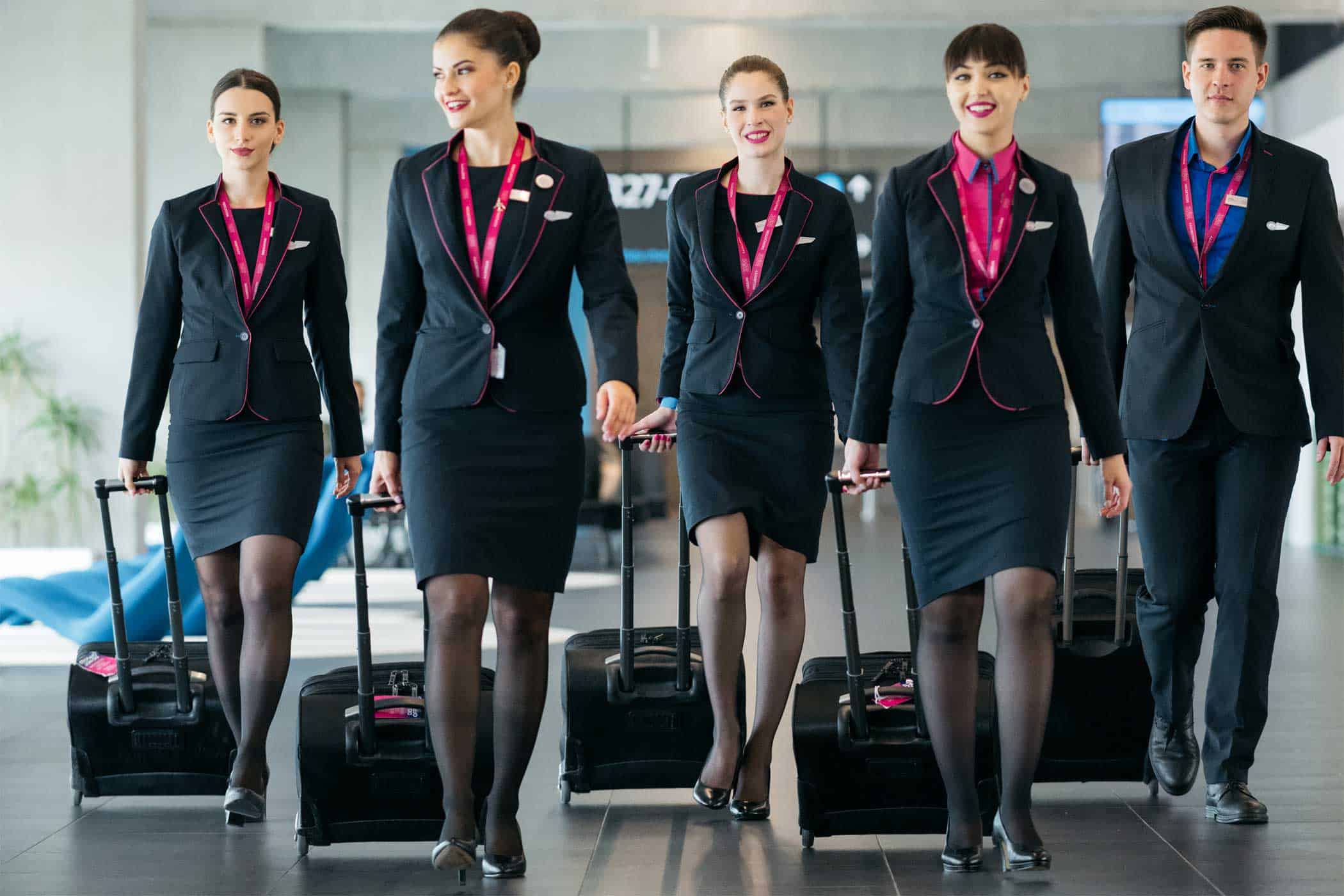 Wizz Air promotes female power in the skies (Wizz Air promotes female power in the skies)
Wizz Air promotes female power in the skies (Wizz Air promotes female power in the skies)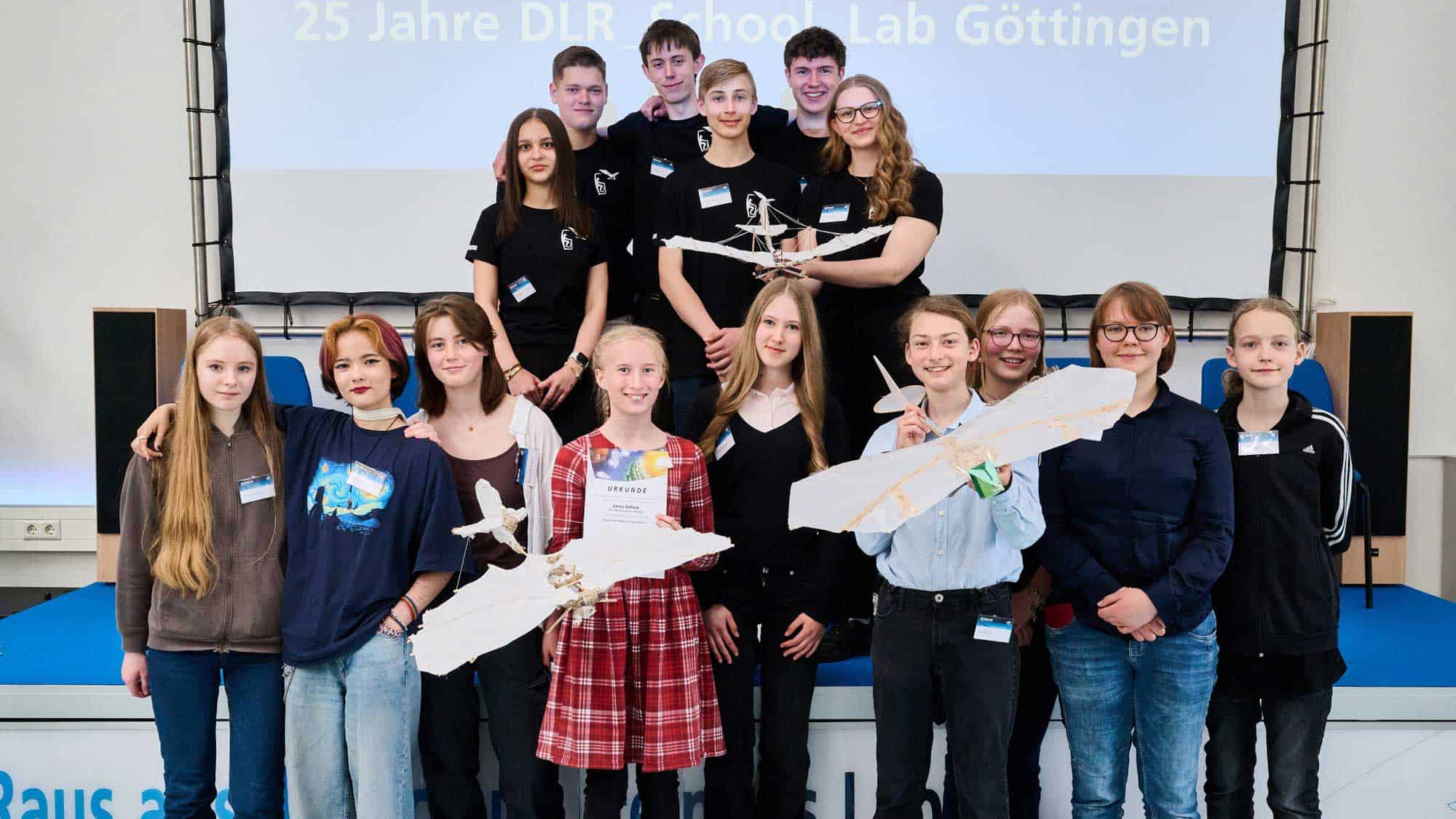 Research for students: DLR_School_Lab Göttingen celebrates anniversary (Research for students: DLR_School_Lab Göttingen celebrates anniversary)
Research for students: DLR_School_Lab Göttingen celebrates anniversary (Research for students: DLR_School_Lab Göttingen celebrates anniversary)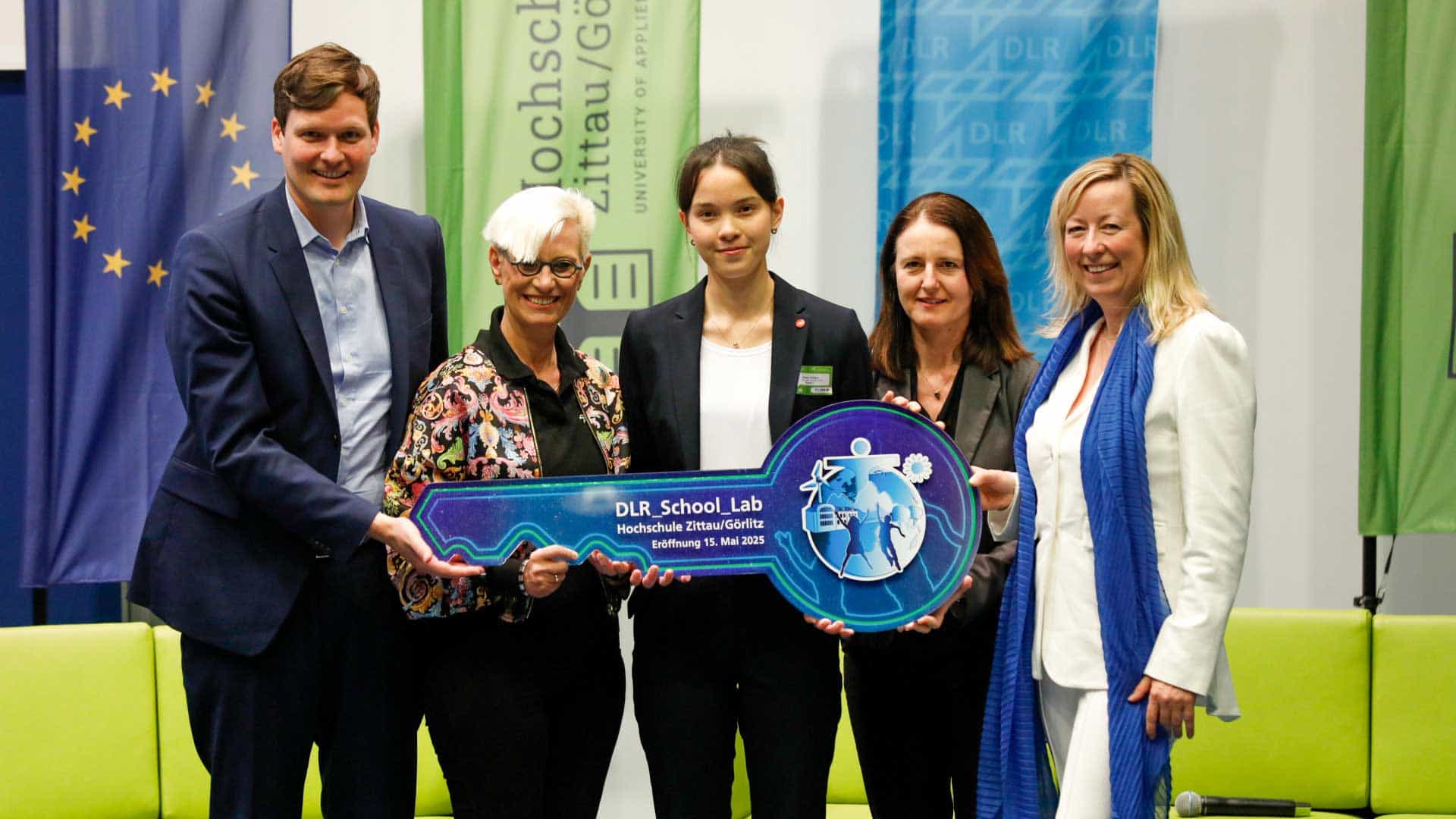 New DLR_School_Lab University opened in Zittau/Görlitz (New DLR_School_Lab University opened in Zittau/Görlitz)
New DLR_School_Lab University opened in Zittau/Görlitz (New DLR_School_Lab University opened in Zittau/Görlitz)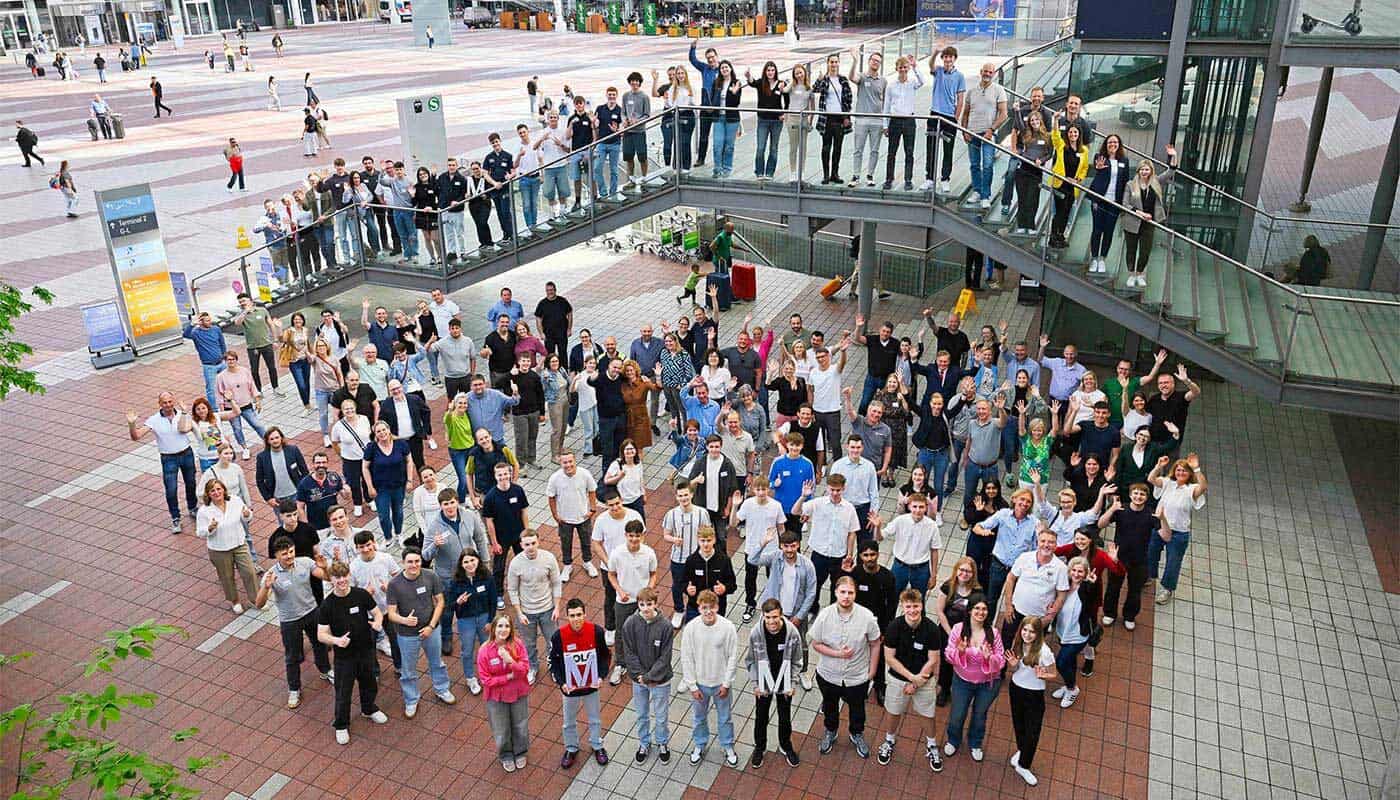 Learn how the Rafale Navy and the ‘Make in India’ policy work together to strengthen India’s defense. (Learn how the Rafale Navy and the ‘Make in India’ policy work together to strengthen India’s defense.)
Learn how the Rafale Navy and the ‘Make in India’ policy work together to strengthen India’s defense. (Learn how the Rafale Navy and the ‘Make in India’ policy work together to strengthen India’s defense.)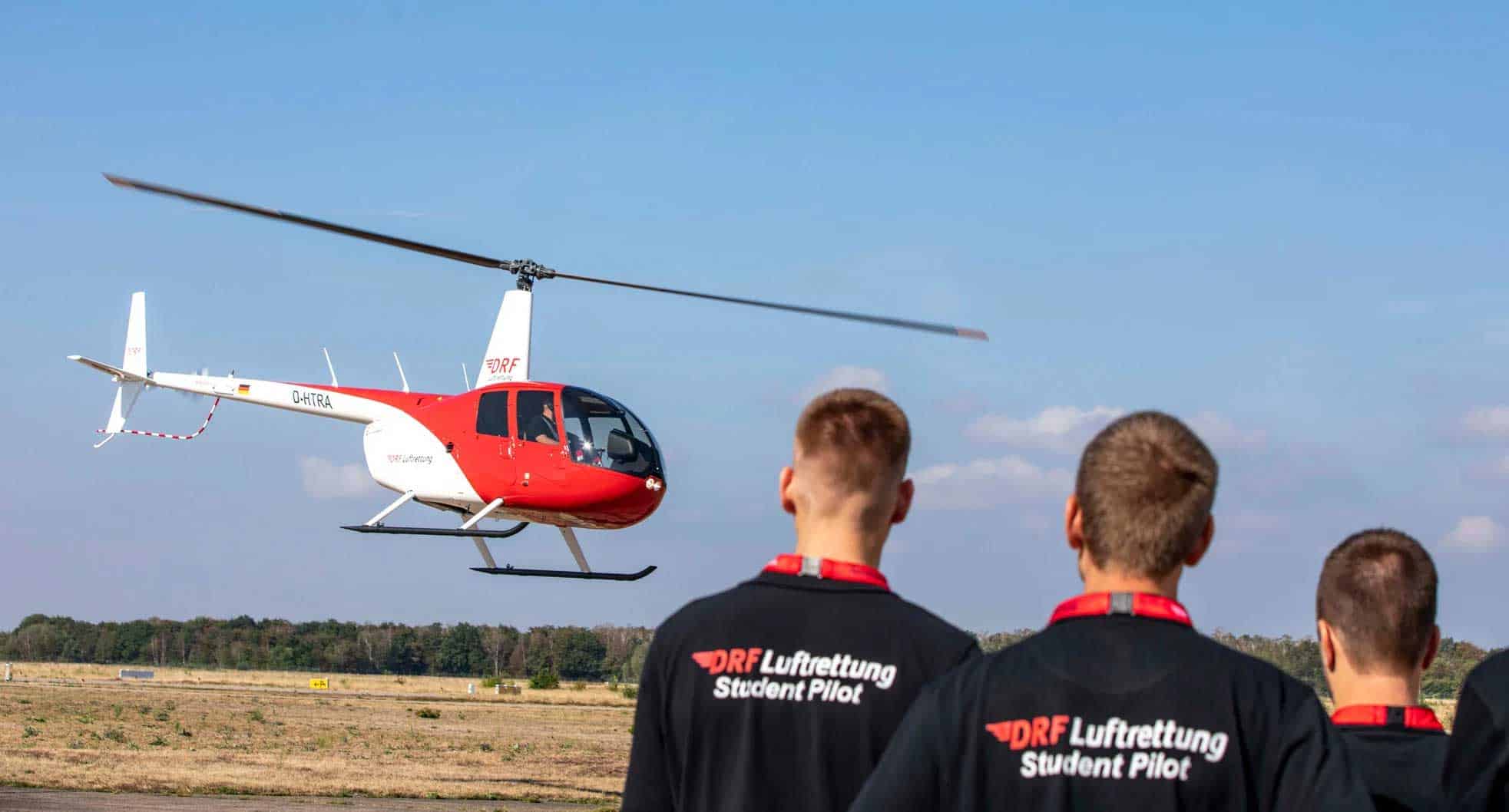 Helicopter pilot training CPL (H): DRF Academy says goodbye to graduates (Helicopter pilot training CPL (H): DRF Academy says goodbye to graduates)
Helicopter pilot training CPL (H): DRF Academy says goodbye to graduates (Helicopter pilot training CPL (H): DRF Academy says goodbye to graduates) France selects Pilatus PC-7 MKX training system for air force (France selects Pilatus PC-7 MKX training system for air force)
France selects Pilatus PC-7 MKX training system for air force (France selects Pilatus PC-7 MKX training system for air force)